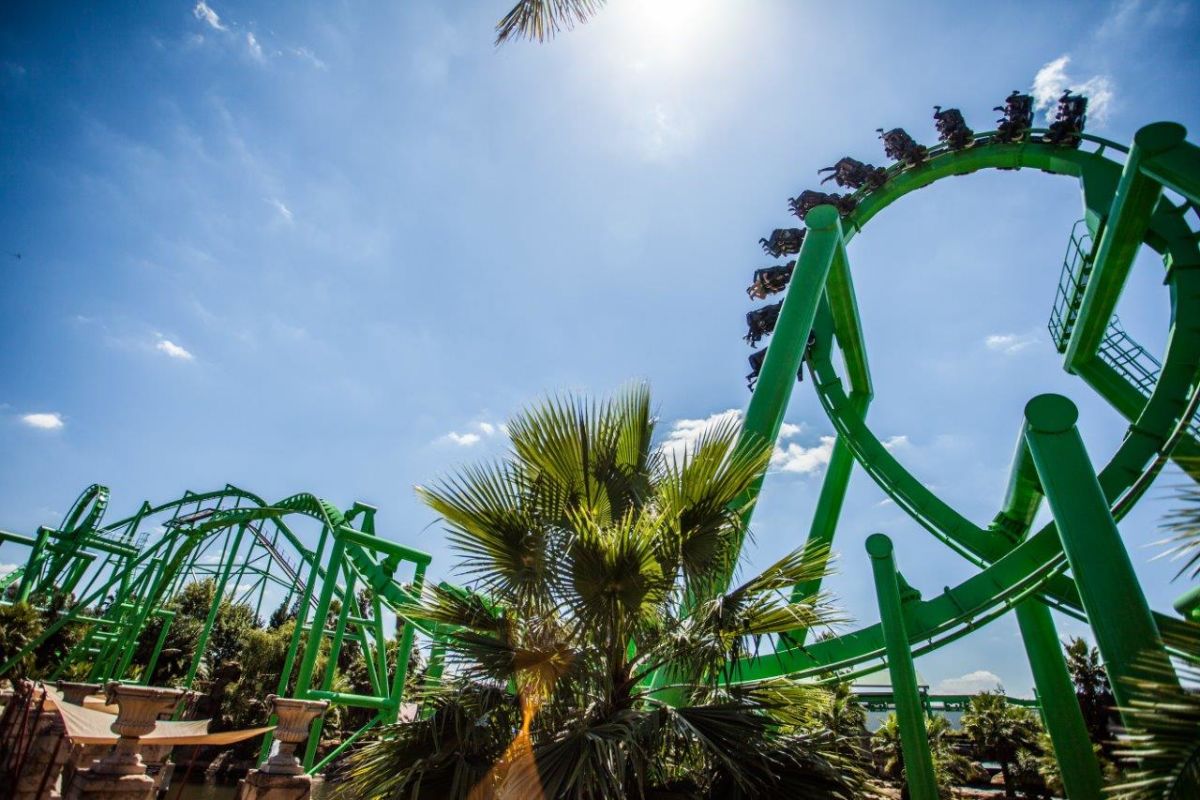The Johannesburg North Attractions Ideas
The Johannesburg North Attractions Ideas
Blog Article
Some Known Details About Johannesburg North Attractions
Table of ContentsThe smart Trick of Johannesburg North Attractions That Nobody is Talking About4 Simple Techniques For Johannesburg North AttractionsIndicators on Johannesburg North Attractions You Should KnowJohannesburg North Attractions - An Overview7 Easy Facts About Johannesburg North Attractions ExplainedSome Ideas on Johannesburg North Attractions You Need To KnowThe smart Trick of Johannesburg North Attractions That Nobody is Discussing
However you must keep security in mind and vacationers should continue to be alert whatsoever times when in unknown surroundings. Speak with the locals when you remain in town to learn about the area you are staying in. Johannesburg North attractions. When on the road (this does not apply to shopping center and other safe and secure settings) finest general guidance is to try your finest to resemble a local and to avoid showing any type of kind of wide range
The Basic Principles Of Johannesburg North Attractions
Teacher Revil Mason O. J. (Thomson, 1946) explored the Witwatersrand's pre-colonial background. His archaeological job exploded the 'em pty land' misconception, according to which the region was empty of human habitation before the arrival of European inhabitants. In his magazines Prehistory of the Transvaal: A Document of Human Activity (1962) and Beginnings of Black People of Johannesburg and the Southern Western Central Transvaal AD 3501880 (1986 ), Teacher Mason demonstrated the level of social and economic growth in the location before Europeans established foot here.

The Greatest Guide To Johannesburg North Attractions
In 1878, David Wardrop found gold in quartz blood vessels at Zwartkop, north of Krugersdorp. In 1881, Stephanus Minnaar came across gold on the ranch Kromdraai, near the Cradle of Humankind.
In March 1886, a protrusion (soon to be called the Key Coral reef) was discovered, fairly fortunately, on Gerhardus Oosthuizen's ranch Langlaagte. Some state that the Lancastrian coal miner George Pedestrian discovered this reef. An additional travelling English miner, George Harrison (that had actually previously operated in Australian mines) acquired a prospecting permit in regard of Langlaagte in May 1886.
He chose to carry on in a mission for greener pastures, and disposed of his Langlaagte claim for the baronial amount of 10. Alas: below lay the wealthiest goldfield ever found. The exploration of this abundant auriferous reef prompted a gold thrill that signalled completion of bucolic tranquillity in the southerly Transvaal.
It would certainly, within six years, come to be the largest community in southerly Africa. Within a decade, it would certainly make the Z. A. R. till after that an anarchical and bankrupt little state the wealthiest country in Africa. By the millenium, the Z. A. R. was to surpass Russia, Australia and the USA of America their website to become the globe's leading gold producer, producing greater than a quarter of the globe's gold.
Indicators on Johannesburg North Attractions You Should Know
It was referred to as Ferreira's Camp, named after Colonel Ignatius Ferreira. He was a Boer traveler upon whom the British authorities had bestowed the standing of Buddy of the A Lot Of Distinguished Order of St Michael and St George (entitling him to the post-nominal letters C. M. G.) in gratefulness for his function in the battle that had deposed the Pedi king Sekhukhune in 1879.
Two other camps were developed: Meyer's Camp on the ranch Doornfontein, and Paarl Camp. The latter was nicknamed Afrikander Camp; several individuals from the Cape Colony settled there.

More About Johannesburg North Attractions
This name gained currency by word of mouth, such that the State Secretary affirmed the name to the Mining Commissioner on 9 October 1886. Stands in the village were auctioned on 8 December 1886. While some stands were sold for 10, others were torn down for just sixpence.
2 years later on, these erven were to change hands for as high as 750 each. The tented camps dwindled as a dorp of corrugated iron buildings created and increased north of the mines situated along the Main Coral Reef Road. Areas such as Jeppe's Community (where working-class immigrants erected their houses) and Doornfontein (where the affluent new 'Randlords' began to build their luxurious residences) were soon included in the ever-expanding map of the community.
The 7-Minute Rule for Johannesburg North Attractions
Apart from the road names, there were no signs of Johannesburg being situated in a Dutch-speaking nation. Lots of years later, C. W. Kearns O. J. (among the first kids enlisted at St John's University in 1898) would certainly recall: 'An unusual truth regarding Johannesburg was that, although it remained in the [Boer Republic], nearly every person spoke English and also the Federal government servants addressed one in English, unless they were initial attended to in the Taal (or Low Dutch)'.
Britain had a rate of interest in making certain optimal problems for gold manufacturing on the Witwatersrand, and that the gold was exported to London rather than Berlin a vital provided all the more clamant by the Z. A. R.'s boosting toenadering with Germany. Mine owners were on a clash with Head of state Kruger, whose policy of monopolistic concessions (typically approved to his cronies) stopped mining firms from obtaining products read here of materials (particularly dynamite) and labour on their own, cheaper terms
Not known Facts About Johannesburg North Attractions
In 1890, the Volksraad had actually check this restricted the franchise business to white guys who had lived in the Z. A. R. for fourteen years or longer, hence invalidating the majority of the immigrants (who happened to be the major contributors to the fiscus). Anxiety for the vote was a simple pretense for advertising a various agenda; the majority of uitlanders regarded themselves as short-term visitors and had no objective of continuing to be in the Z.
Report this page